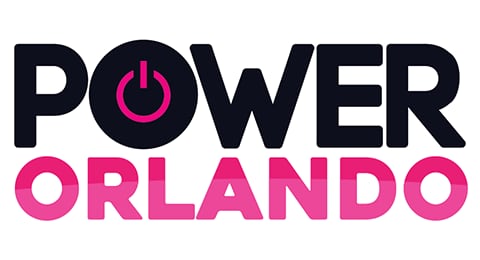For those who make a decision to ride out a storm, safety in the home should be the top priority.
For many, a portable generator feels like a guarantee of a semblance of normalcy following a storm. While it can keep refrigerators on and fans or a small air conditioner running, there are dangers associated with using it.
Here are some tips on generators and why you should never use one during a storm.
From the National Safety Council
1. Always read and follow the manufacturer’s operating instructions before running the generator.
2. Engines emit carbon monoxide. Never use a generator inside your home, garage, crawl space or other enclosed areas. Fatal fumes can build up, and neither a fan nor open doors and windows can provide enough fresh air.
3. Only use your generator outdoors, away from open windows, vents, or doors.
4. Use a battery-powered carbon monoxide detector in the area in which you’re running a generator.
5. Gasoline and its vapors are extremely flammable. Allow the generator engine to cool at least 2 minutes before refueling and always use fresh gasoline. If you do not plan to use your generator in 30 days, don’t forget to stabilize the gas with a fuel stabilizer.
6. Maintain your generator according to the manufacturer’s maintenance schedule for peak performance and safety.
7. Never operate the generator near combustible materials.
8. If you have to use extension cords, be sure they are of the grounded type and are rated for the application. Coiled cords can get extremely hot; always uncoil cords and lay them in flat, open locations.
9. Never plug your generator directly into your home outlet. That’s known as “backfeeding” and puts people at risk of electrocution – especially utility workers trying to reconnect electric power after the storm.
10. Generators produce powerful voltage. Never operate under wet conditions. Take precautions to protect your generator from exposure to rain.
11. Plug appliances directly into the generator, or use a heavy-duty, outdoor-rated extension cord that is rated, in watts or amps, at least equal to the sum of the connected appliance loads.
Cox Media Group




